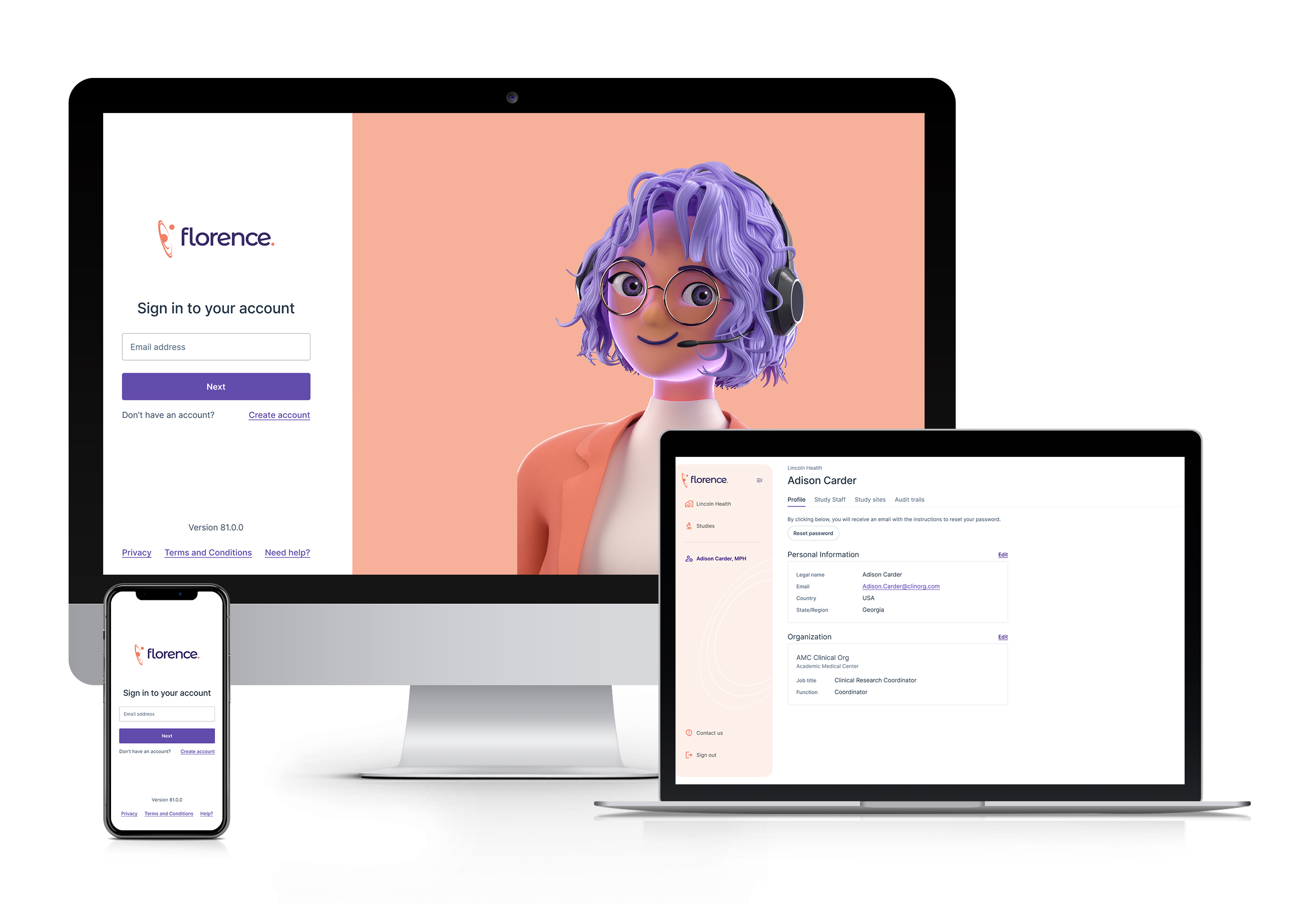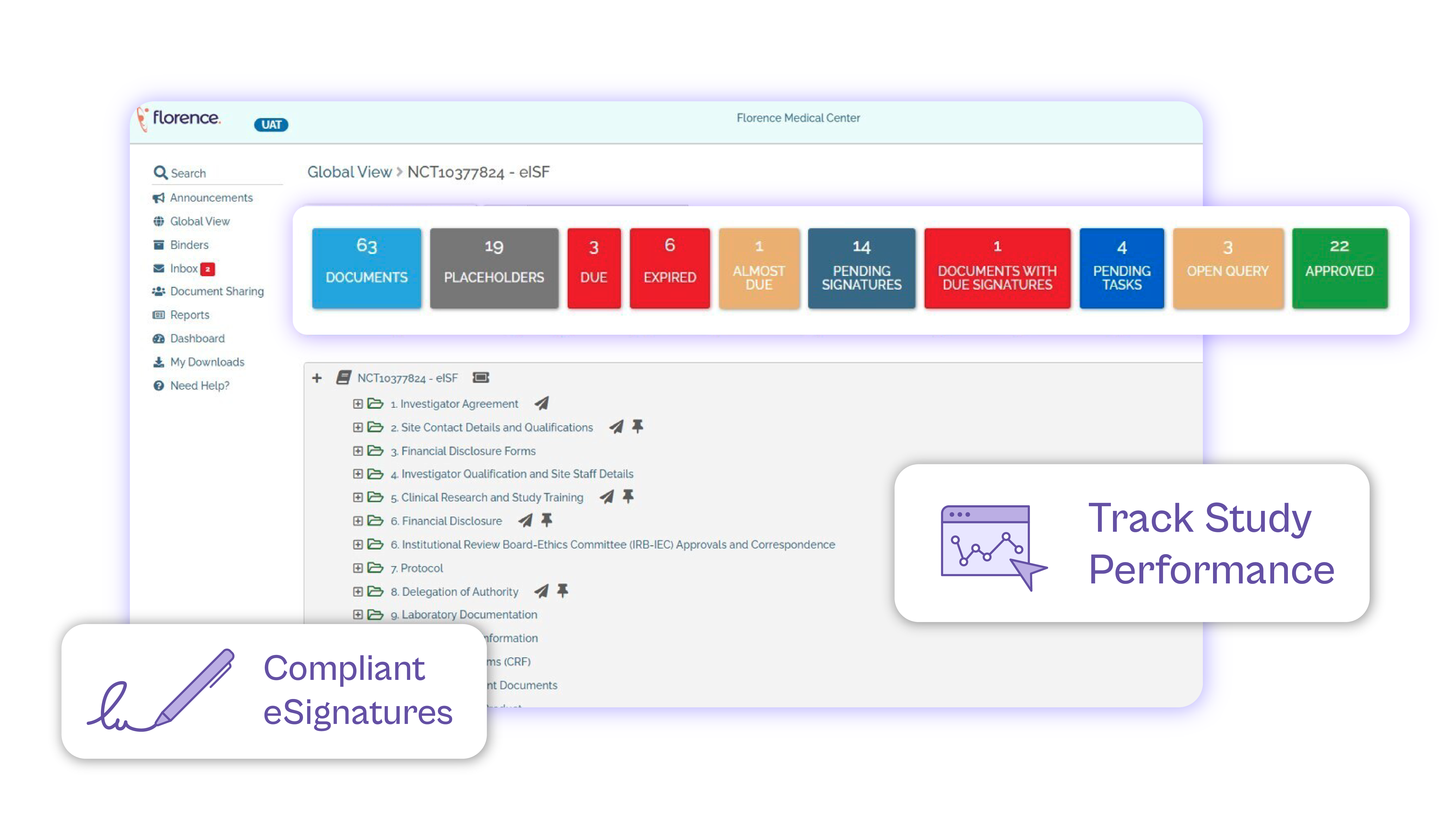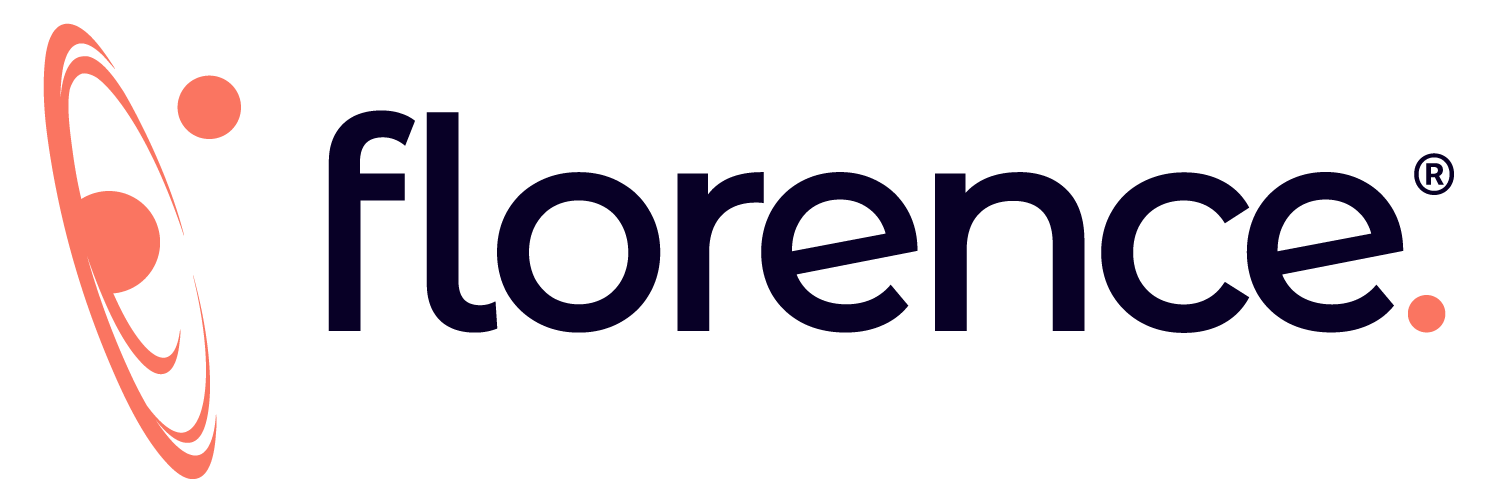Ensuring FDA Title 21 CFR Part 11 Compliance
Introducing technology into clinical trial workflows is proven to accelerate research, save time, and reduce costs. However, it can also lead to new worries about complying with the FDA 21 CFR Part 11 requirements.
As a FDA 21 CFR Part 11 compliant technology company, we understand how complex these requirements can seem so we put together the below resources to aid in your research including an overview of Title 21 CFR Part 11, Part 11 Implications, 21 CFR Part 11 Checklist and FDA Library of Guidance.
With Florence you can put these worries aside. We’ve worked with the FDA, sponsors, IRBs, and sites to design a solution that is not only the easiest-to-use eRegulatory platform but is also fully part-11 compliant.

Florence 21 CFR Part 11 Resources
What is Title 21 CFR Part 11?
Title 21 CFR Part 11 is the part of Title 21 of the Code of Federal Regulations establishing the US Food and Drug Administration (FDA) regulations on electronic records and electronic signatures (ERES). Most commonly referred to as Part 11, it establishes the criteria for trustworthy and reliable electronic records and electronic signatures.
Part 11 compliance is particularly important in clinical trials because it applies to drug makers, medical device manufacturers, biotech companies, biologics developers, CROs, and Research Sites. To comply with regulations, companies involved in clinical trials must implement controls, including audits, system validations, audit trails, electronic signatures, and documentation for software and systems involved in processing the electronic data that FDA predicate rules require them to maintain.
Because of the complexity of rules and regulations surrounding Title 21 CFR Part 11 over the years, the FDA has released, in addition to formal regulations, informal guidance on how to best comply with the requirements.
Florence has deep experience and knowledge with compliance and works with each client to ensure FDA Part 11 compliance.
Additionally, Florence has developed an in-depth guide to eRegulatory and eSource compiled from over 150 questions and answers by the FDA.
Part 11 Implications
When dealing with Title 21 CFR Part 11 there are three primary areas a research site, sponsor, or CRO must think about. Florence works with all of our clients to map out each of these core areas and how they apply to their unique circumstances.
- Features of Your System –Assurances for audit trail functionality, electronic signatures, security and data integrity, records retention and file formats are a few of the features that must be in place for an electronic system and/or process.
- Standard Operating Procedures – Standard Operating Procedures (SOP’s) are required to be established and maintained to govern and describe exactly how things are done at that Research Site, sponsor, and/or CRO.
- System Validation – Controls must be in place that allow research sites, sponsors and CROs to identify when the system doesn’t function as per its intended use. Here, you should be utilizing your SOP’s and industry best practices to facilitate the validation process.
Spend more time on research and less worrying about complying with regulations – Florence guarantees FDA Part 11 CFR 21 compliance.
How does Florence ensure Part 11 Compliance?


